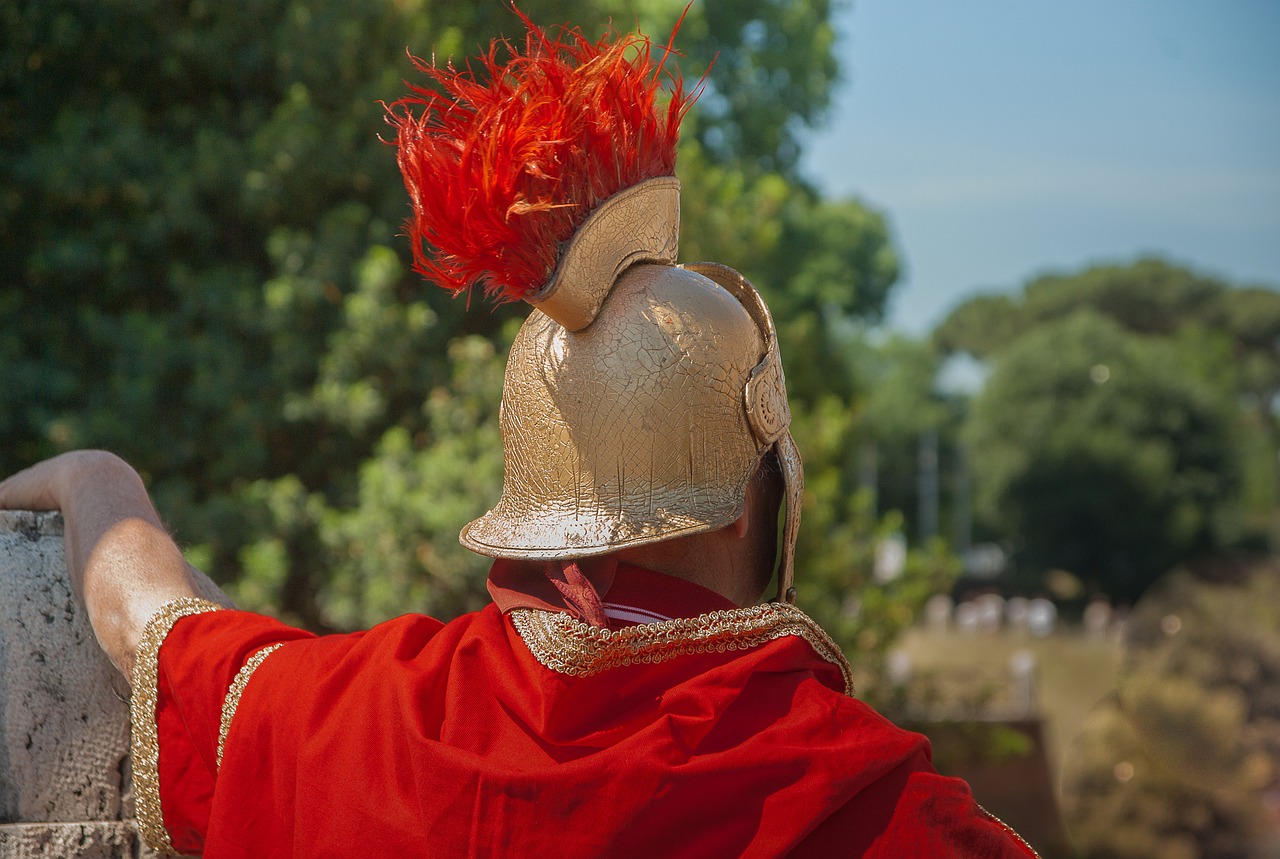Overview of Neptune: The Roman God of the Sea
Neptune stands as the Roman deity overseeing waters and seas, exerting control over winds and storms. Also identified as Neptunus Equester, he was celebrated as a horse god and the patron of horse racing, which was a favored pastime among Romans. The characteristics and stories associated with Neptune closely mirror those of the Greek god Poseidon, though Neptune was a more recent addition to Roman mythology.
Unlike Poseidon, who played a foundational role in Greek beliefs, Neptune emerged later within the Roman religious framework. While Poseidon was seen as a second to Zeus, Neptune lacked similar dominion and was not part of notable groupings of deities such as the Archaic Triad or the Capitoline Triad. Despite this absence of political status, Romans revered Neptune due to their livelihoods, which were profoundly connected to the ocean. His significance grew as Roman influence expanded across the Mediterranean, yet it waned significantly with the rise of Christianity in the fourth century.
Etymology
The term “Neptune” (derived from Latin Neptunus) has possible Indo-European roots that spark debate among scholars. One possible origin is the term neptu-, denoting “moist” or “wet,” suggesting a translation akin to “the moist one.” This interpretation aligns with Neptune’s domain over water. An alternative root is nebh-, which translates to “cloud, mist, or fog,” complementing his command over storms as well. In this way, he is remembered as Neptunus Equester—the horse lord associated with water.
Attributes
Neptune’s dominion spanned all bodies of water, from minor streams to vast seas. His reign particularly included the Mediterranean, where he resided in a magnificent palace beneath the waves alongside his consort, Salacia. Neptune was known to invoke winds and storms, often leading to shipwrecks and the demise of sailors who dared to challenge him. While formidable in his aquatic domain, his influence diminished when distanced from the sea.
Traditionally depicted with his trident—a fishing implement emblematic of ancient maritime cultures—Neptune was frequently shown in a grand chariot, drawn by horses or fantastical seahorses that sported fish-like features.
Family
Neptune’s lineage traces back to Saturn, deemed the sovereign of the universe, and Ops, the ancestral goddess of the earth. He belonged to a powerful familial dynasty that included his brothers Jupiter, ruler of the gods, and Pluto, the deity of the underworld, as well as sisters Ceres, Vesta, and Juno, each ruling over key aspects of Roman life.
Though Neptune’s connection to Salacia is not distinctly outlined, she is intrinsically linked to him as a goddess associated with salt. Together, they parented four notable offspring: Benthesikyme, Rhodes, Triton, and Proteus, with Triton and Proteus being of significant interest in archetypal narratives.
Mythology
Unlike the more clearly defined Greek deities, Roman gods tended to be less distinct, and Neptune’s role was particularly nebulous at first. His widespread veneration didn’t begin until the fourth century BCE—considerably later than the establishment of Rome. Despite his late entrance into the Roman pantheon, he was often portrayed in literature as a foundational figure in Rome’s creation mythology.
The Birth of Neptune
According to myth, Neptune’s arrival coincided with chaos. Saturn, having ascended from his father Caelus’s throne, faced a prophecy that foretold his downfall by one of his offspring. In paranoia, he began consuming his children until Ops intervened, concealing her youngest child—Neptune. Deceiving Saturn with a stone wrapped in swaddling garments, Ops was ultimately successful in saving Neptune, who, in later years, rose up against his tyrannical father with Jupiter and Pluto. Upon drawing lots to govern the realms, Neptune embraced the sea as his realm.
Neptune and the Seas
Ovid’s Metamorphoses, detailing Neptune’s divine influence, highlights his creative power over the Earth’s contours, as he shapes rivers and valleys with his trident, prompting devastating floods that obliterated civilization. This cataclysmic deluge only subsided when his son Triton signaled for the waters to recede.
Neptune, Aeneas, and the Founding
In Virgil’s Aeneid, Neptune plays a pivotal role in Aeneas’s adventures, serving both as an opponent and an ally. He calms the tempest unleashed by Juno, allowing the hero safe passage on his quest. Later, when Aeneas separates from his lover Dido, Neptune requires a sacrifice for a safe journey to Italy, taking the life of Palinurus, the ship’s captain.
Neptune and the Roman State Religion
Despite being a prominent figure in mythology, Neptune was not extensively worshipped. Confusion regarding his dominion persisted, with many attributing naval successes to Fortunus, the god of fortune. Neptune’s recognition remained limited, with one major festival, the Neptunalia, occurring at the year’s end in July, aimed at invoking rainfall in the arid season.
Pop Culture
Neptune’s legacy lives on in modern culture, echoed in the name of the eighth planet in our solar system, where two of its moons, Triton and Proteus, are named after his children. The archetype of Neptune as a regal sea deity continues in art and literature, notably influencing characters like King Triton in Disney’s The Little Mermaid.



